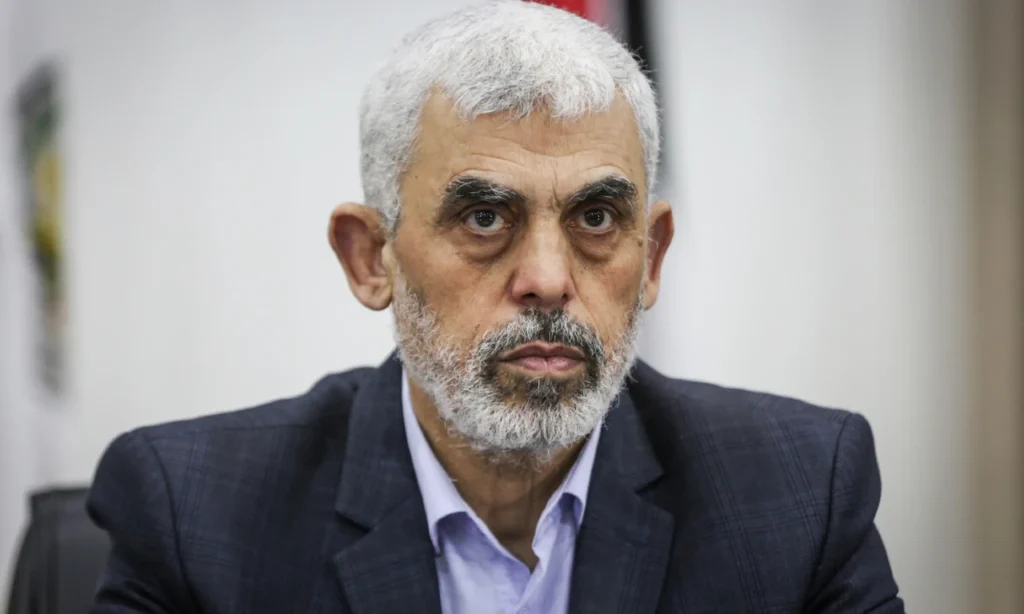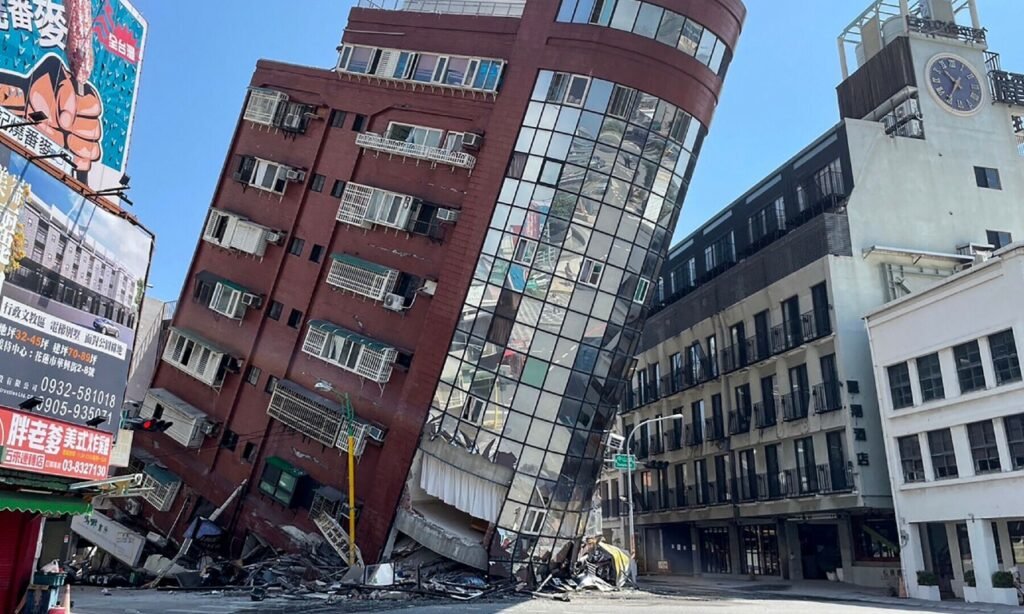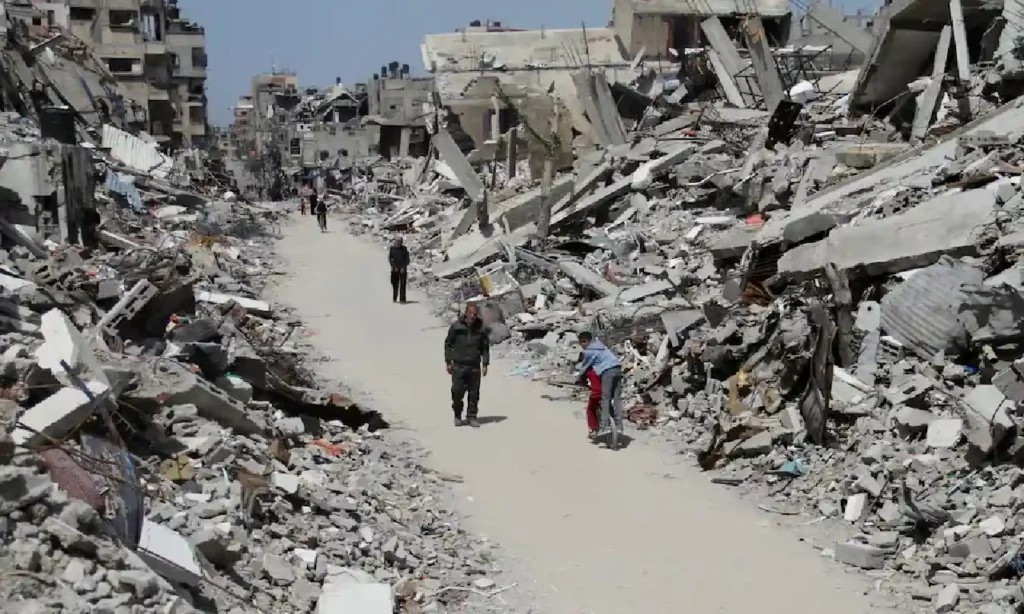Hamas has appointed Yahya Sinwar, its Gaza leader, as the new political chief at-large, succeeding Ismail Haniyeh, who was reportedly assassinated in an Israeli strike in Tehran On July 31st. The announcement of Yahya Sinwar’s appointment was made by Hamas on Tuesday, amidst rising tensions in the Middle East. Iran has vowed to retaliate against Israel for Haniyeh’s assassination, which occurred in Tehran on July 31. Israel has neither confirmed nor denied its involvement in the deadly attack, fueling further speculation about the circumstances surrounding Haniyeh’s death.
Yahya Sinwar: From Fighter to Hamas Leader
Yahya Sinwar, known for his unwavering leadership, has taken over Hamas’s political bureau during these turbulent times. Sinwar, who is widely regarded as the mastermind behind the October 7 attack on Israel, now operates from an undisclosed location in Gaza. As Israel’s most wanted adversary, Yahya Sinwar’s elevation to the top position in Hamas is seen as a significant move of defiance toward the Israeli government.
Sinwar’s new role comes with challenges, especially in managing communications, political operations, and Gaza ceasefire negotiations while in hiding. However, Hamas’s decision to choose Sinwar as the leader sends a clear message of defiance to Israel and its allies.
Early Life and Rise to Power
Yahya Sinwar was born in 1962 in Khan Younis, a city in the southern Gaza Strip. He is often described as one of Hamas’s most hardline leaders, having been arrested by Israel multiple times during the early 1980s. While attending the Islamic University of Gaza, he became involved in anti-occupation activism, setting the foundation for his future role in Hamas.
Following his graduation, Sinwar helped establish a network of fighters that would later become the Qassam Brigades, the military wing of Hamas. He played a key role in shaping the group’s militant activities, earning him a prominent position in the organization. By 1987, after Hamas’s founding by Sheikh Ahmed Yassin, Sinwar had already solidified his status as one of the group’s most influential leaders.
In 1988, Israeli forces arrested Yahya Sinwar, sentencing him to four life sentences for his involvement in the capture and killing of Israeli soldiers and Palestinian collaborators. Sinwar’s 23-year imprisonment played a pivotal role in his development, where he learned Hebrew and studied Israeli domestic politics. His understanding of Israel’s political landscape became a valuable asset after his release.
Political Ascent and Leadership in Hamas
Yahya Sinwar was released in 2011 as part of a prisoner exchange deal for Israeli soldier Gilad Shalit, who had been captured by Hamas. Upon his release, Sinwar quickly ascended through the ranks of Hamas, becoming an essential figure in its political bureau by 2012. His strategic coordination with the Qassam Brigades during this time strengthened his influence within Hamas.
Sinwar’s political and military leadership was especially prominent during Israel’s seven-week offensive against Gaza in 2014, further solidifying his reputation within the movement. In 2015, the United States labeled Yahya Sinwar as a “specially designated global terrorist,” underscoring his role in Hamas’s militant operations.
In 2017, Yahya Sinwar succeeded Ismail Haniyeh as the leader of Hamas in Gaza. Unlike Haniyeh, who traveled widely and delivered public speeches, Sinwar adopted a more discreet approach, maintaining a low profile, particularly since the October 7 attack on Israel. Sinwar’s ability to remain elusive has made him a prime target for Israel, further complicating his leadership role.
Sinwar’s View on Conflict and Resistance
Although Sinwar has remained largely silent in recent times, a 2021 interview with Vice News revealed his perspective on the ongoing Israeli-Palestinian conflict. He emphasized that while Palestinians do not seek war due to its high cost, they will never surrender to occupation. Sinwar referenced past peaceful protests, such as the Great March of Return in 2018 and 2019, during which Palestinians demonstrated along the Gaza border but faced a brutal Israeli crackdown.
In the interview, Sinwar defended Hamas’s tactics, including rocket fire, stating that Palestinians must fight with the means available to them. He accused Israel of intentionally targeting civilians despite possessing advanced and precise weaponry. “Does the world expect us to be well-behaved victims while we are being killed?” Sinwar remarked during the interview, justifying Hamas’s actions as a necessary form of resistance against the Israeli occupation.
Sinwar’s Future as Hamas Leader
With Yahya Sinwar now at the helm of Hamas’s political bureau, questions remain about his ability to steer the movement through the escalating tensions in the region. His leadership style, marked by militant resilience and strategic defiance, will likely shape Hamas’s future actions. As Israel’s public enemy number one, Sinwar’s presence at the forefront of Hamas marks a new chapter in the ongoing conflict.
In conclusion, Yahya Sinwar, a leader known for his uncompromising stance and deep involvement in Hamas’s military activities, has now assumed the role of the movement’s political chief at-large. His history, from his early activism to his long imprisonment and eventual rise to power, demonstrates the extent of his influence within Hamas. However, Sinwar’s new leadership position will be closely watched as the conflict continues to escalate across the region.
“Stay In Touch With Us For More Latest News & Updates. Follow Us On Twitter and Facebook To Stay Aware”




